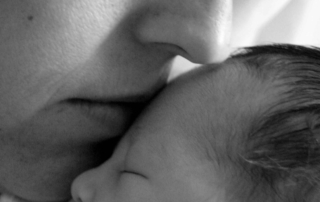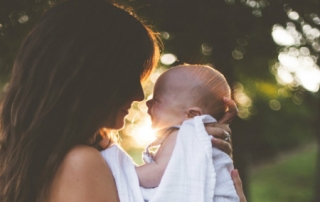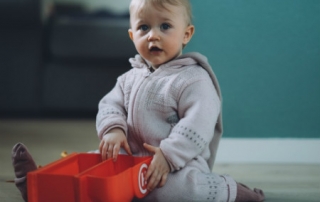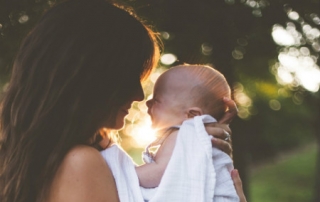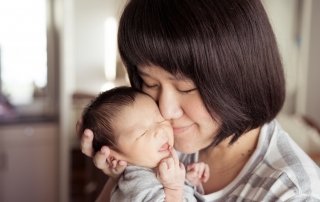Some Cases of Postpartum Psychosis May Be Autoimmune Encephalitis
Postpartum psychosis is the most severe form of postpartum psychiatric illness. It is a rare event, affecting about 1 out of every 1000 births. Postpartum psychosis occurs most frequently in first-time mothers, typically within the first two weeks after [...]

